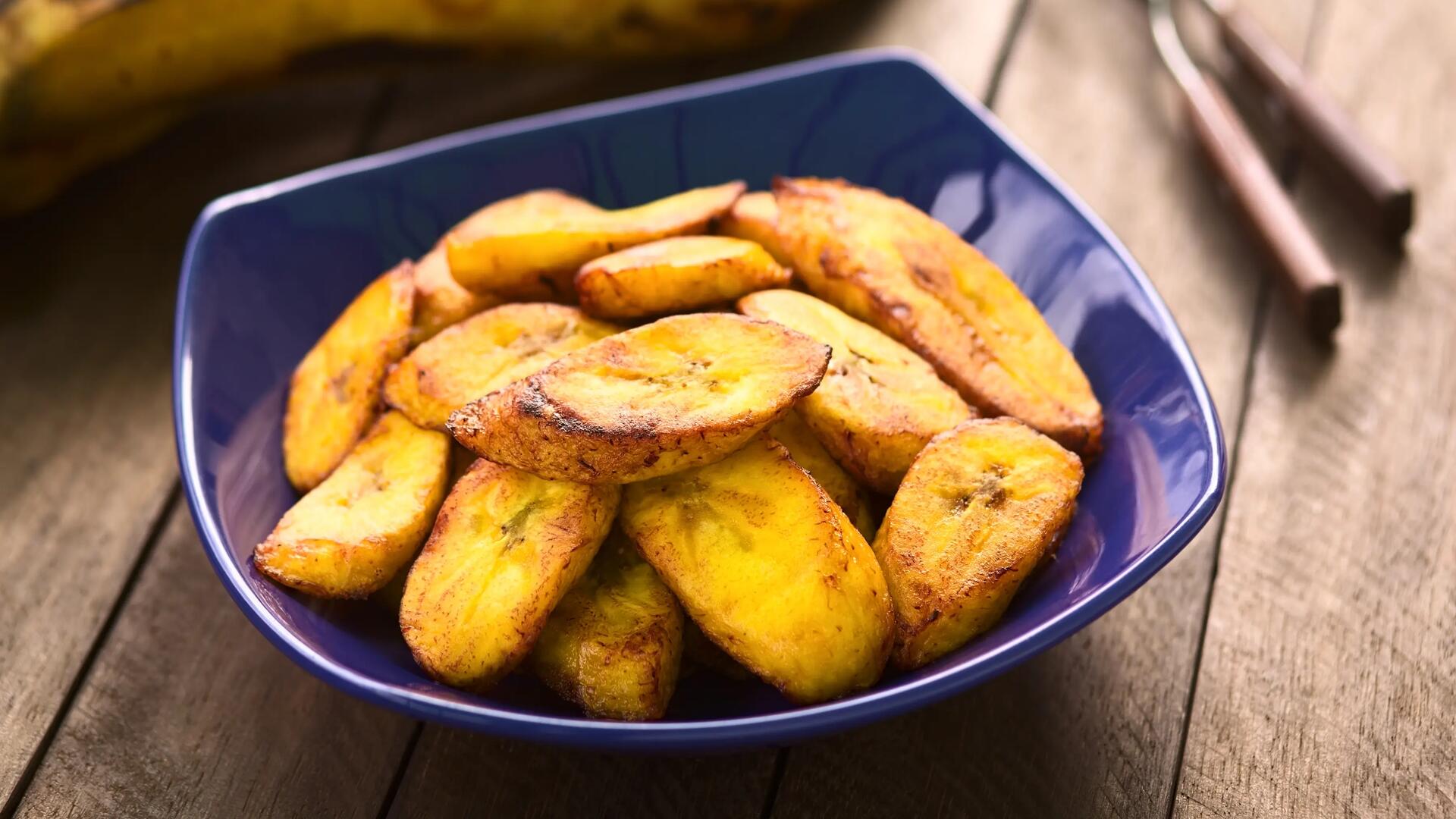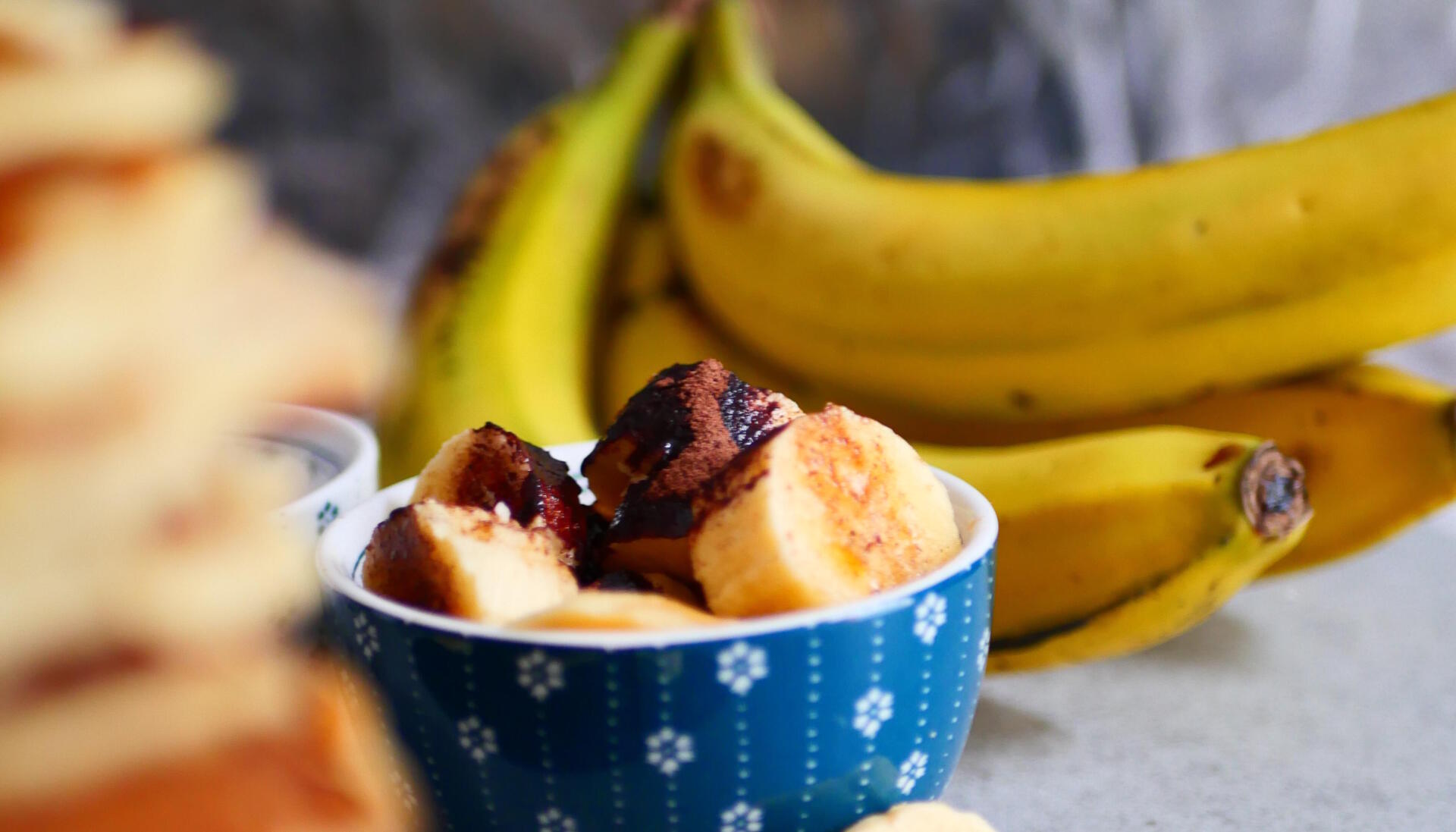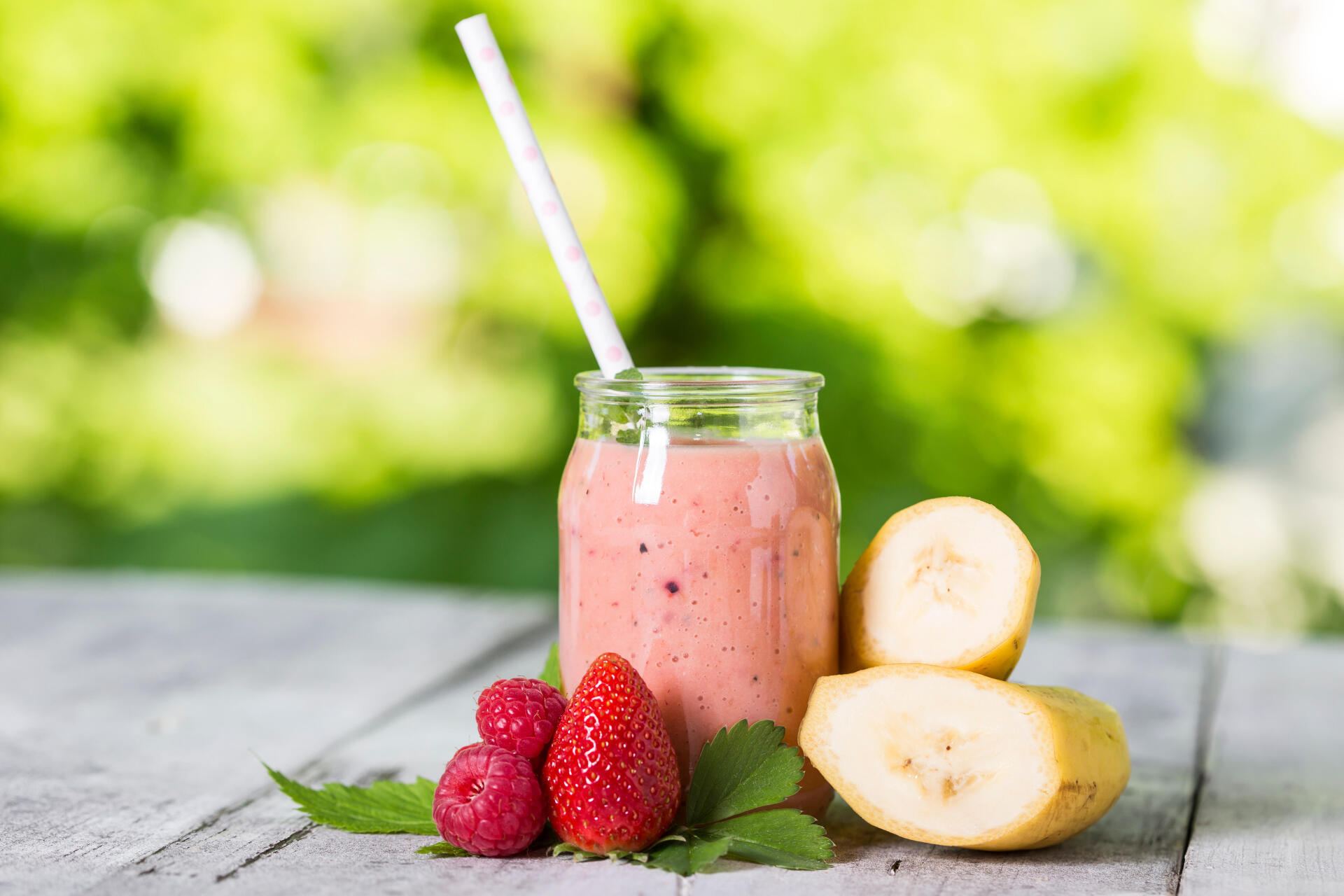What about the other nutritional values of bananas?
Carbohydrates: check! But what else is in a banana?
Let's take a look at its composition!
In short, 100 grams of banana contains:
Approx. 20 g carbohydrates
Approx. 1 g protein
Less than 0.5 g fat
Approx. 75 g water
Plus:
Resistant starch. What's that? It's a complex carbohydrate, a longer chain than regular starch. How is it different? It is not absorbed by the small intestine and therefore reaches the large intestine intact. This makes it a longer lasting source of energy. It is also beneficial for gut health.
Here's another tip: banana is the only fruit that contains resistant starch. And it contains more of it when it is green. It is also found in potatoes, rice, oats and legumes, to name a few.
Vitamin B6. It contains, on average, 0.18 mg per 100 g, more than 12% of the recommended daily allowance. Vitamin B6 contributes to the normal functioning of the nervous system, immune system and psychological processes, helps to reduce fatigue and exhaustion, and aids hormonal regulation.
Source of manganese. 0.36 mg per 100 g, i.e. 18% of the recommended daily allowance. Manganese contributes to normal energy metabolism, the maintenance of normal bones, the normal formation of connective tissue and the protection of cells from oxidative stress.
Source of potassium. 320 mg per 100 g, i.e. 16% of the recommended daily allowance. Potassium contributes to the normal functioning of the nervous system, normal muscle function and maintenance of normal blood pressure.
Fat. Good news, in a banana, there is almost none: 0.5 g per 100 g.










